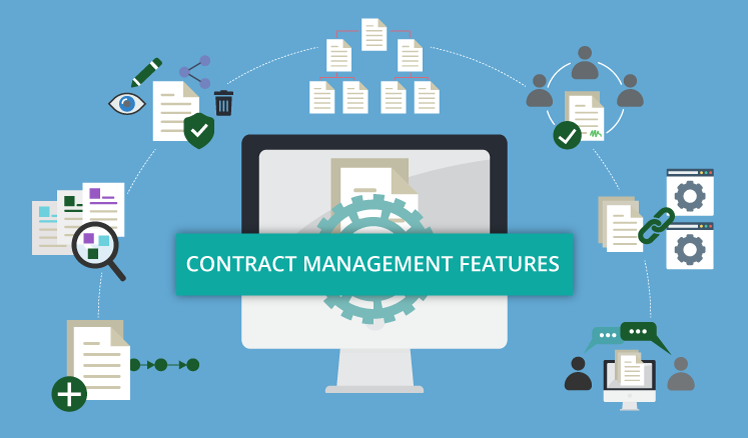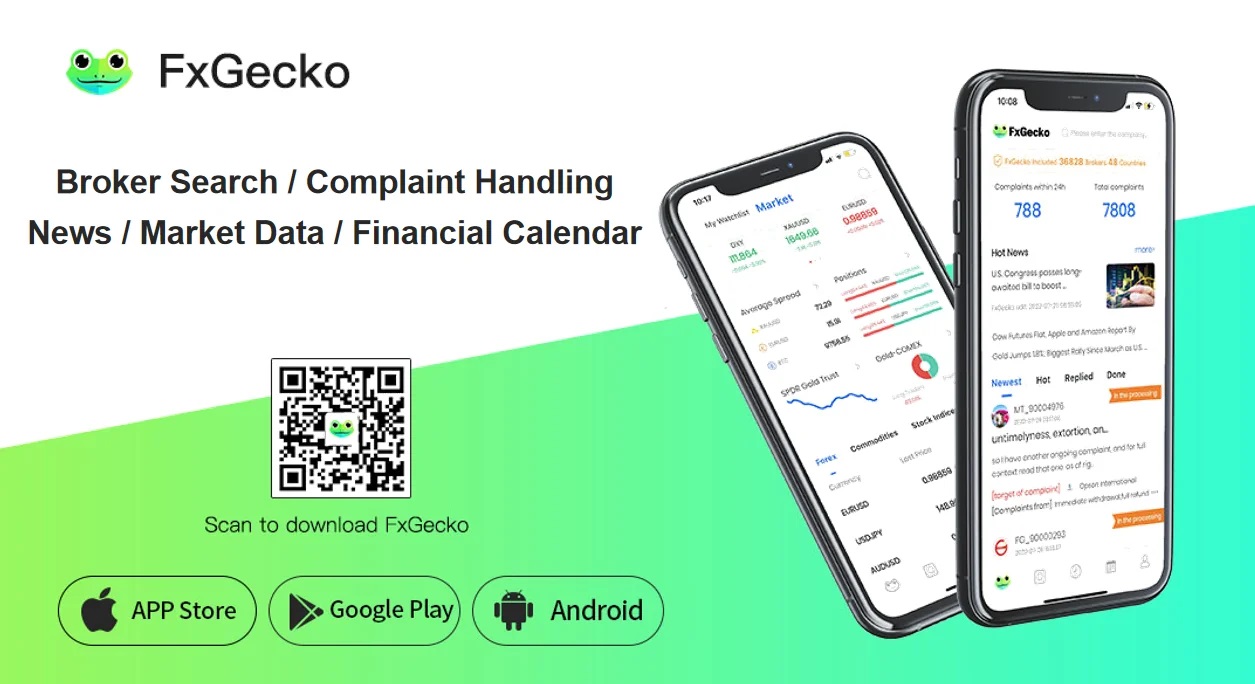Cash no longer reigns supreme in the business world. With the evolution of digital payments and many different kinds of credit and debit cards, all businesses want to know how to accept credit card payments to achieve financial success. Providing your clients the privilege to pay with credit cards can help make the world easier for them and provide business owners with the commercial leverage they need.
Why Should Small Businesses Accept Credit Cards?
According to the information from the Federal Reserve Board, cash transactions and cheque transactions are sharply declining in the business world. There is no doubt that the United States is on the verge of becoming a cashless society. Some businesses select to go completely cashless in the states where it is legal to do so. Some of the advantages of going cashless are:
- An increase in operational performance
- Customers no longer have to wait for long periods
- A cashless environment presents a lower threat of theft
On the other hand, there are still business owners who will never stop accepting cash. For new business owners, simultaneously accepting cash and credit cards can help them develop and expand their business much faster. It can be much more convenient for customers as well to be able to pay using their credit cards. Let’s have a look at how you can get started to accept credit card payments for your business.
Establishing Credit Card Processing
There are credit card processing requirements that vary based on the type of business whether it is a brick-and-mortar shop, an online business, or a combination of the two.
- Brick-And-Mortar Shops: A physical shop must set up a merchant account to be able to accept payments via credit or debit cards. You might also need a credit card machine which is often provided when you open up a merchant account with any bank.
- Online Business: Together with the merchant account, you will also need to create a secure website and a payment gateway. There are multiple vendors you can choose from to securely send your client’s credit card information from your website to the credit card payment network. Expect to receive transaction details and responses to your website, after the transaction is completed successfully, or the transaction is processed.
- Brick-And-Mortar Shop & Online Business: These business owners will require a credit card machine as well as a merchant account with a secure website and a payment gateway. You will also need an employer identification number (EIN) from the IRS, a business bank account, and a routing number.
Business owners can decide whether or not they need a physical credit card machine instead of just a gateway to process the transactions. Either way, once the customer decides on what to purchase, the checkout process is pretty much the same in both cases. In a physical store, the customer will swipe their credit card in the business owner’s processing machine to complete the checkout process. In an online business, the customer will enter their credit card information on the secure section of your website to complete the checkout process.
The processing machine for a brick-and-mortar store or the secure website for the online business will send the transaction details to the processing entity. The processing entity will deliver a message of either “approved” or “denied” based on the status of the transaction. For business owners and website owners, this means that they can hand over the goods or services to their clients once the transaction has been successfully approved.
Selecting A Credit Card Processing Option & Understanding The Details
Make sure you ask your merchant account and payment gateway providers about all of these specific points to clearly understand the terms and conditions.
- Accepted Credit Cards: Merchant account and payment gateway providers will have a list of the type of credit cards they accept. Some of the most commonly accepted credit cards are the Visa and Discover credit cards. Some merchant account and payment gateway providers might charge extra to accept the American Express credit card or a Mastercard.
- Fees: There will always be fees associated with setting up a merchant account, payment gateway, and coordinating with a credit card processing provider. Find out how they will calculate their fees because this could be based on your products and services or the total number of transactions. Find out how often there will be modifications to the fees, whether it is on a monthly, annually, or transaction-based basis.
- Setup & Assistance: Try to simplify credit card processing for your small business by gaining full access to the setup and assistance instructions included with your merchant account and payment gateway.
- Transmitting Information: Try to select a merchant account and payment gateway that facilitates you in your field of business. Think of the ways it can consolidate with your tax system. Try to find out if it is easy to produce customized business reports using the information of the transactions performed by your merchant account and payment gateway.
- Security: Some patrons will try to exploit any lapse of security by trying to conduct a data breach. This is why it is of utmost importance to select a merchant account and payment gateway that uses cutting-edge technology to implement data security. This might mean having to pay a little more for security, but it is a small price to pay for peace of mind. Look for the following things in a merchant account and payment gateway provider in terms of security:
- Biometric Support: Having biometric payment support means that your clients can use fingerprint scanning, facial scanning, retina scanning, voice recognition, or any other form of scanning to authorize a transaction
- Complies with Payment Card Industry (PCI) data security standards
- End-to-end encryption and Secure Sockets Layer (SSL) protocol will make sure that all of the sensitive data is secure as it travels from the card reader to the destination.
- EMV compliant merchant account and payment gateway because it will allow you to accept chip cards or smart cards.
- Tokenization Support: With the help of tokenization you no longer need to collect or store sensitive information on your devices. Tokenization support can replace sensitive data with randomly generated characters that can only be processed by an authorized party.
- Option to lock down your credit card processing system quickly and easily if any kind of problem takes place. Your client will have to resolve their problem before being able to be accepted once again on the system.
You will get a boost in business by allowing your customers to pay with credit cards. This is because fewer people are carrying cash with them at all times due to safety concerns.








Add Comment